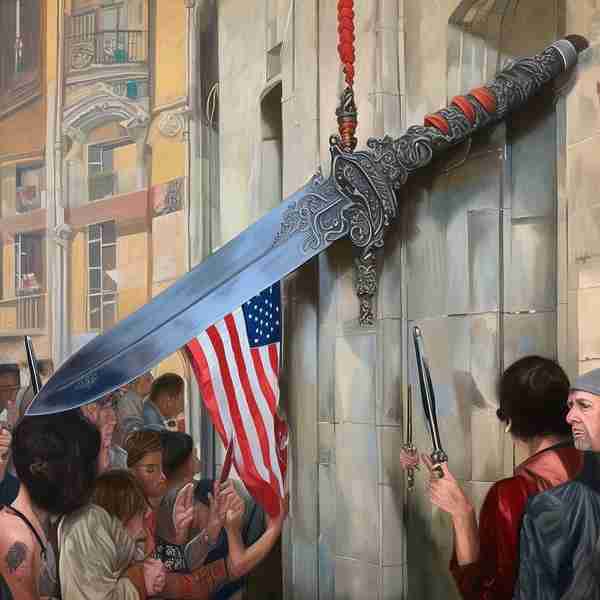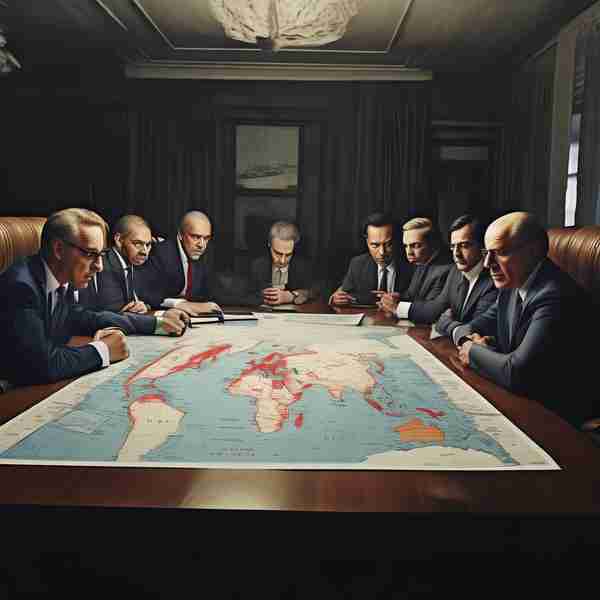Trump's 'Take It Down Act': A Double-Edged Sword?
20-May-2025 Top News
The "Take It Down Act" marks progress against deepfakes, offering legal protections for victims. Yet, balancing privacy and free expression remains a complex issue.

New Legislation Aims to Combat Deepfakes
In a groundbreaking development, President Trump has put his signature on the "Take It Down Act," a joint-party initiative that targets both non-consensual deepfakes and revenge porn. The law, which was promptly passed by both the Senate and the House, pioneers the imposition of tougher penalties for the distribution of images depicting non-consensual intimacy, whether these are of real people or generated by AI. With the backing of First Lady Melania Trump, this piece of legislation is an important milestone in the journey of addressing deepfake technology misuse.
Legal Consequences for the Creators
The legislation just signed not only benefits the victims, but they can also sue the persons responsible for the explicit deepfakes, including celebrities like Taylor Swift and Rep. Alexandria Ocasio-Cortez. This route is part of the wider action scheme to keep individuals off the possible harms that might be caused by deepfake technology and at the same time render a line for getting justice.
Public Doubts and Arguments
In spite of the legislative advancement, the problem of deepfakes is still a public concern. The potential of the technology to be used for negative purposes in making explicit content and spreading misinformation continues to be a problem. Our society struggles to deal with these challenges, so the issue of whether the state has a right to interfere with people's private lives is at the center of the controversy.
Related Reports









